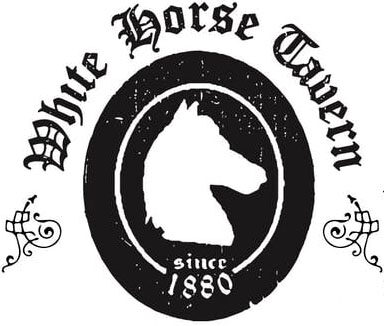In 1951, Welsh poet Dylan Thomas wrote a poem dedicated to his father – pleading for him to maintain a zeal for life in the face of death. In a broader sense, the message celebrates the vivacity and joy of human life despite its fleetingness. Now, more than 70 years later, Dylan Thomas’s words resonate with people around the world. In light of this, we’ve written an analysis of the poem “Do Not Go Gentle Into That Good Night.”
Do Not Go Gentle Into That Good Night Summary
The “Do Not Go Gentle Into That Good Night” poem takes its name from its opening sentence, which suggests that people should not go willingly to death or “gentle into that good night,” in other words. The poem comprises six stanzas in which the speaker categorizes men into four classes: wise men, good men, wild men, and grave men, with the intention of offering the reader a peek into the minds of such men as they near death.
Throughout the poem, the speaker dissuades those facing death from succumbing without a fight, an effort evoked predominantly by the speaker’s repeated plea that they should “rage, rage against the dying of the light.” All the while, the speaker acknowledges that death is unavoidable. Despite this acknowledgement, the speaker maintains that people should not give in and accept death so easily.
In the second stanza, the speaker suggests that “wise men” do not give in to death easily because they feel they have not given enough during their life and could have done more to improve the world. Nothing they have said or done has been as powerful or impactful as something like a lightning bolt, so they refuse to “go gentle into that good night.”
In the third stanza, the speaker similarly suggests that good people resist death, feeling they could have accomplished more. Seeing their last moments pass them by like a wave, they mourn the small actions that might have made a significant difference in the world.
According to the speaker, “wild men,” or those who have lived life to the fullest, appreciating its beauty and complexity, realize too late that the sun is leaving them behind and so refuse to peacefully welcome death now that they are faced with their own mortality.
In the final stanza, the poem becomes more personal as the speaker addresses their father, who is approaching death as if on the precipice of a mountain, with the same request: to approach death with defiance and a passion for living.
Do Not Go Gentle Into That Good Night Themes
Family and Grief
“Do Not Go Gentle Into That Good Night” is largely impersonal until the poem’s final stanza. The speaker suddenly switches gears, addressing a father approaching death. When the speaker addresses the father, the poem feels not universal, but more personal and emotional.
In the final stanza, the poem becomes not only about death but about family and grief. The poem has switched from a universal message about facing death to an emotionally-charged message that is just as much about the speaker and his own grief as it is about those he addresses.
Life & Death
The primary sentiment of “Do Not Go Gentle Into That Good Night” is that life is precious and should be fought for at every turn. The poem’s speaker offers insight into how to face death with dignity and ferocity rather than resignation, believing that people should “burn and rave” as they approach death.
Throughout the poem, the speaker describes a series of people who only realize when confronted with death that they have not accomplished all they wanted to throughout their life. For example, the men who “caught and sang the sun in flight” lived their lives joyously but recklessly. When faced with death, they are overcome with regrets about their frivolous behavior and squandered opportunities to appreciate life as it was happening.
Through these examples, the speaker earnestly urges people to live life to its fullest before it is too late, believing that only on their deathbed do many people realize just how precious life is. While death is inevitable, it must be fought bravely against as a token of respect to the sanctity of life.
The White Horse Tavern has a rich history as a regular haunt for writers dating back to the 1950s when Dylan Thomas became arguably the tavern’s most famous regular patron. As the second oldest bar in NYC, the White Horse Tavern is a popular destination among tourists nowadays thanks to its literary fame. Come discover the heart of literary history in NYC at the White Horse Tavern today.


